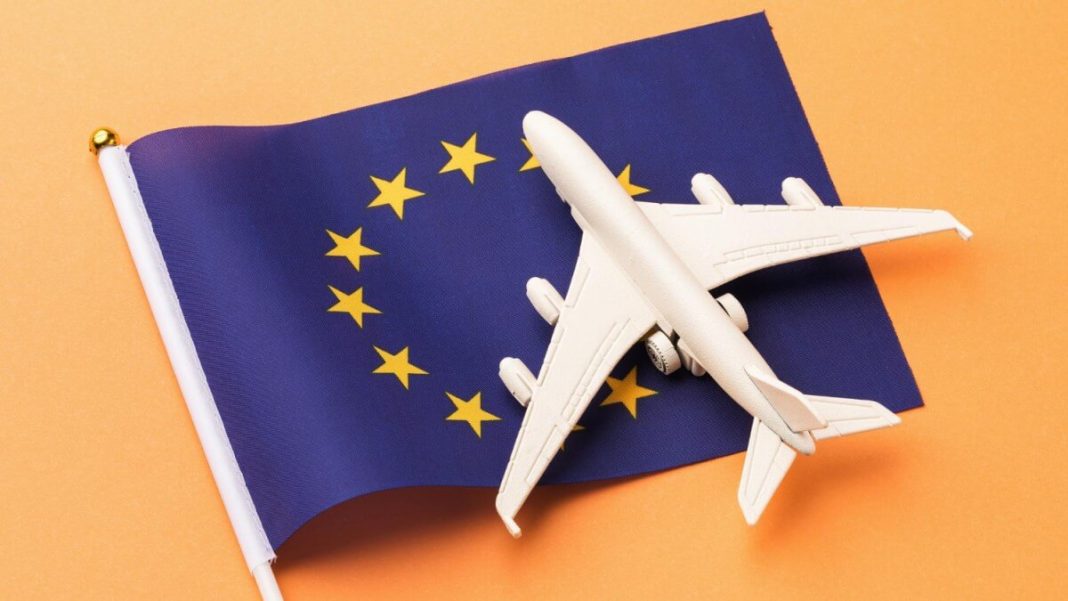Hungary has facilitated entry rules for citizens of Russia and Belarus, including these two countries in its National Card Program.
Hungary’s decision to extend the National Card Program to Russia and Belarus has sparked concerns among authorities in the European Union related to potential espionage and security threats.
Earlier this month, Hungary introduced the National Card to permit guest workers from eight countries, taking into account those from Russia and Belarus, to reach Budapest without being subject to security screenings, VisaGuide.World reports.
At present Hungary issues the National Card to nationals from Bosnia and Herzegovina, Moldova, Montenegro, North Macedonia, Ukraine, Serbia, Russia and Belarus.
But, according to the European People’s Party (EEP), Hungary’s decision to ease entry rules for Russians and Belarussians will increase the risk of espionage and pose national security threats.
In addition, leader of the Social Democratic Parliamentary Group, Tytti Tuppurainen said that Hungary must be excluded from the movement in the Schengen Area.
Tuppurainen considered that now is the right time to reinstate tighter measures such as border controls.
Now it’d be fitting to reinstate border controls on the borders of Hungary because Hungary’s different stance on Russians is a potential security threat to the entire union. I’m of the opinion that the council should convene to discuss this issue without delay.
MFA Considers “Childish Lies” Baltic States’ Comments That Hungary Is Endangering Schengen Security
The Foreign Minister of Hungary, Péter Szijjártó, considered “childish lies” the Baltic States’ authorities comments that his country is endangering the security of the borderless area of Schengen.
According to him, Russians and Belarussians are only eligible to enter Schengen if they hold a valid visa, and they can only obtain a residence permit in line with the procedure laid down by law, following a procedure conducted by the National Directorate-General for Alien Policing.
EU authorities’ sanctions do not consist of general restrictions imposed on Russian or Belarussian nationals. It means that they can file an application for a Schengen visa in order to reach the EU’s borderless countries for a maximum of 90 days.
The figures from the European Commission revealed that in 2023, a total of 520,000 Russians applied for a Schengen visa, 10 percent of whom were rejected.
When it comes to Schengen visa applications, Russia is among the top five countries to submit Schengen Visa applications.
